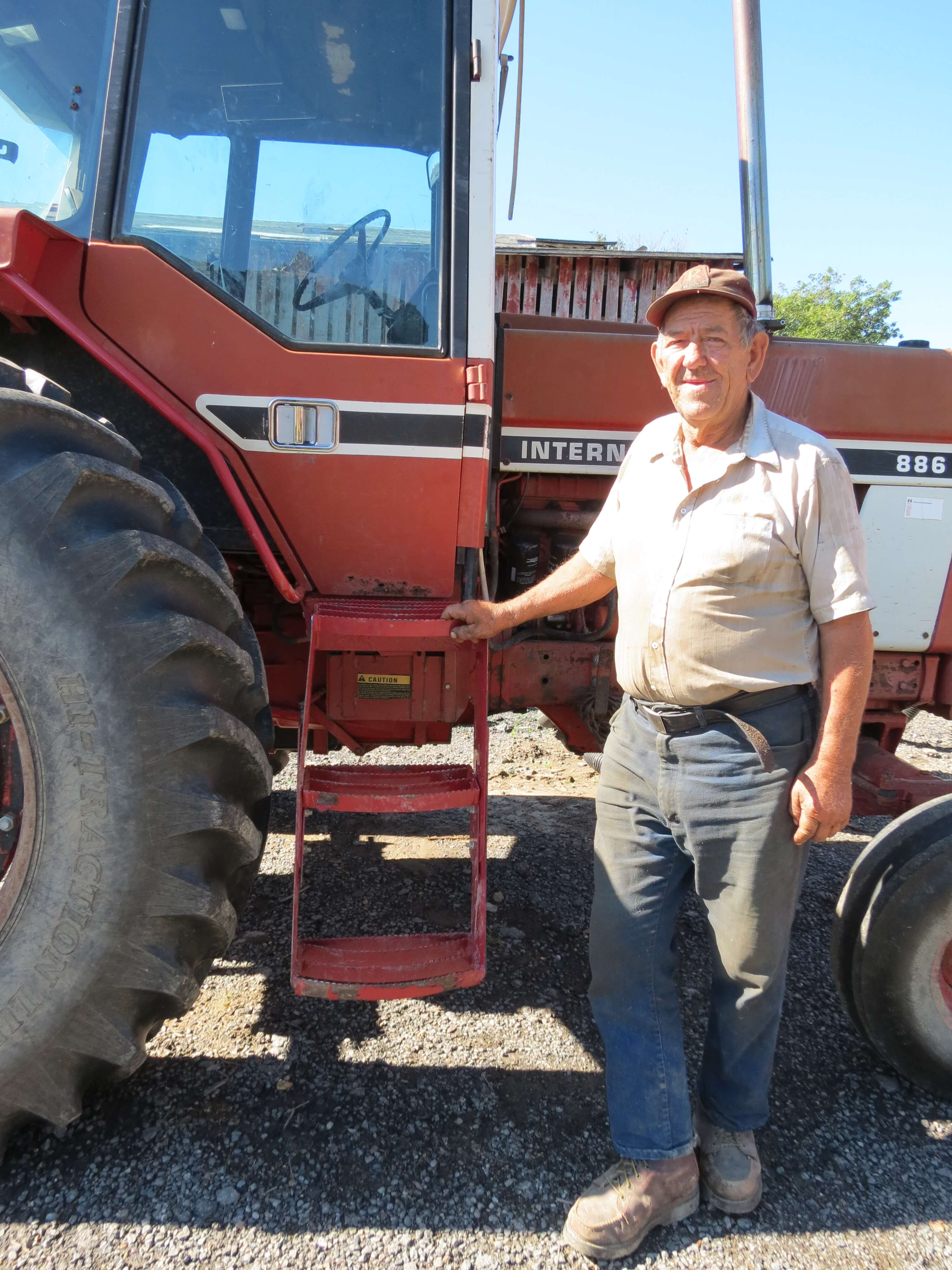

I meet and talk with a lot of elderly farmers who are entering stages of life where they require more assistance, more help from others, more reliance on machines and tools to handle the manual labor they once completed with ease. The physical change is only part this new reality, and not necessarily the hardest to deal with. More often we run into people who have not mentally and emotionally accepted that they just aren’t as physically capable as they used to be. Primarily, this leads to a strong hesitation to ask for or accept help from others. For us to work with a farmer and make recommendations on tools, he or she must admit to needing help. I’m sure there are dozens of reasons why this is difficult, but in our experience those reasons boil down to one thing, pride. Whether we compare ourselves to our younger self, or to our peers who seem to be doing just fine, embracing our new-found limitations requires a large dose of humility. I’m not going to say farmers are an arrogant group as a whole. Quite the opposite, but there is a high level of personal pride in the farm culture. After all, it is not everyone who can say they woke up at 4am every morning for 70 years to milk cows, feed cattle, or complete any number of thankless chores day in and day out.
All that being said, it is difficult for farmers, and many skilled trades workers, to get to a point of asking for help. It is new. Getting old is new to them and that often is uncomfortable. Our hope is that with each person we talk to and each life we interact with, we can help people realize that the newness and challenges of getting old can also bring opportunities to create new relationships, to learn new ways of completing tasks, embrace new responsibilities, and take time to teach the younger generation. If you find yourself in this new frontier of life, we hope you will call us to talk about the journey.
